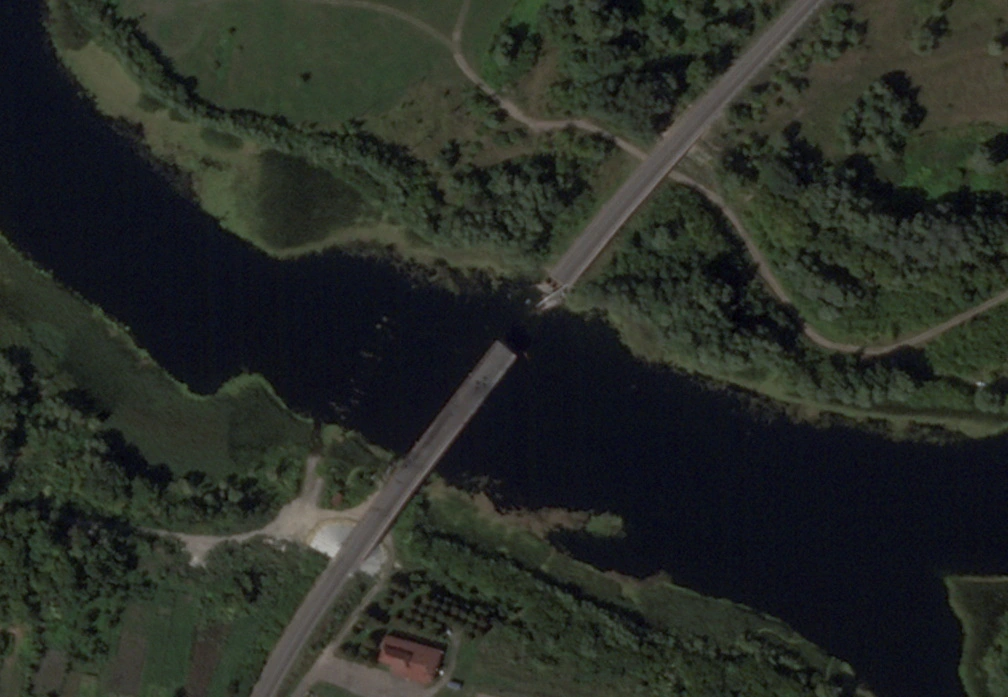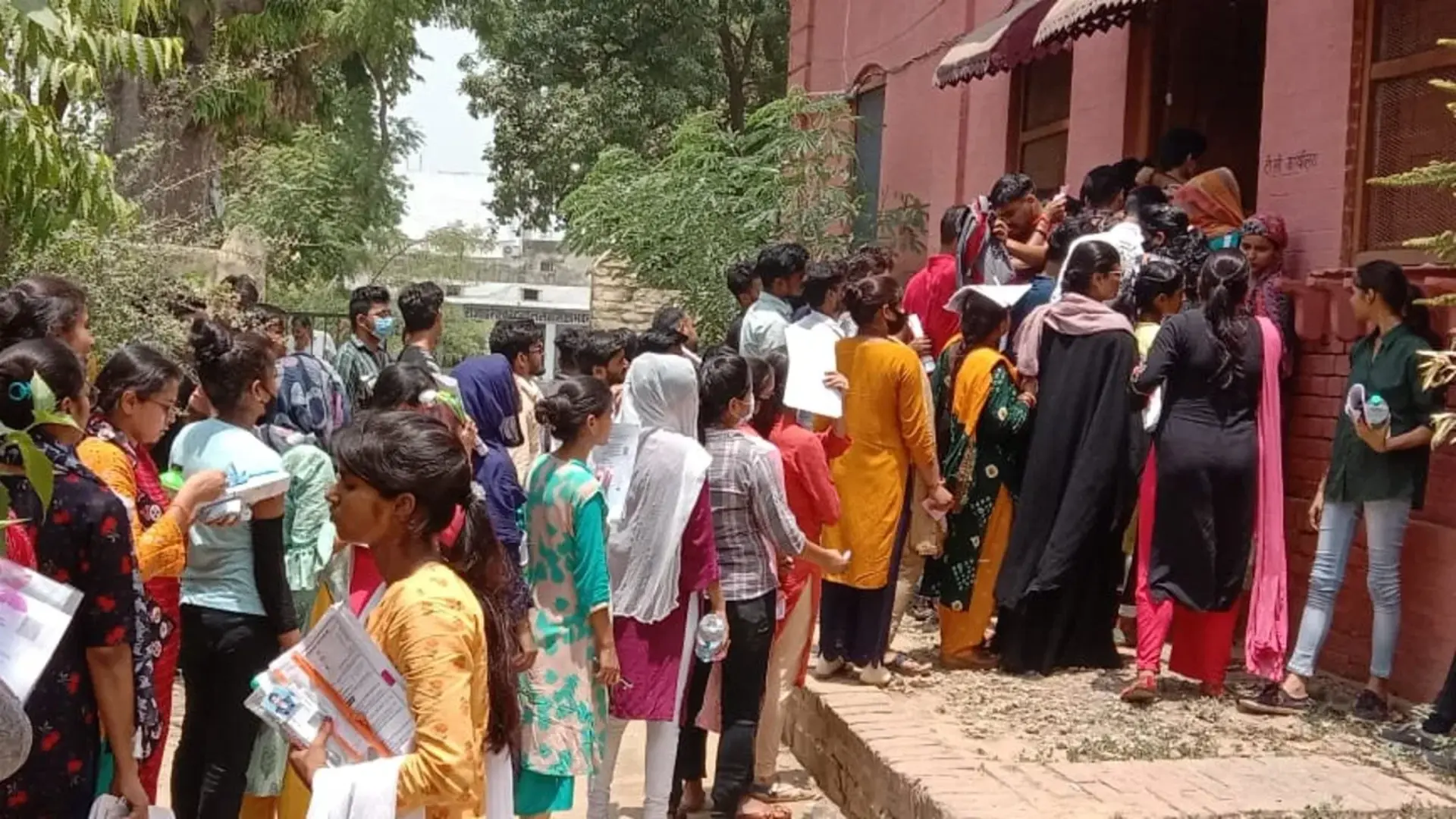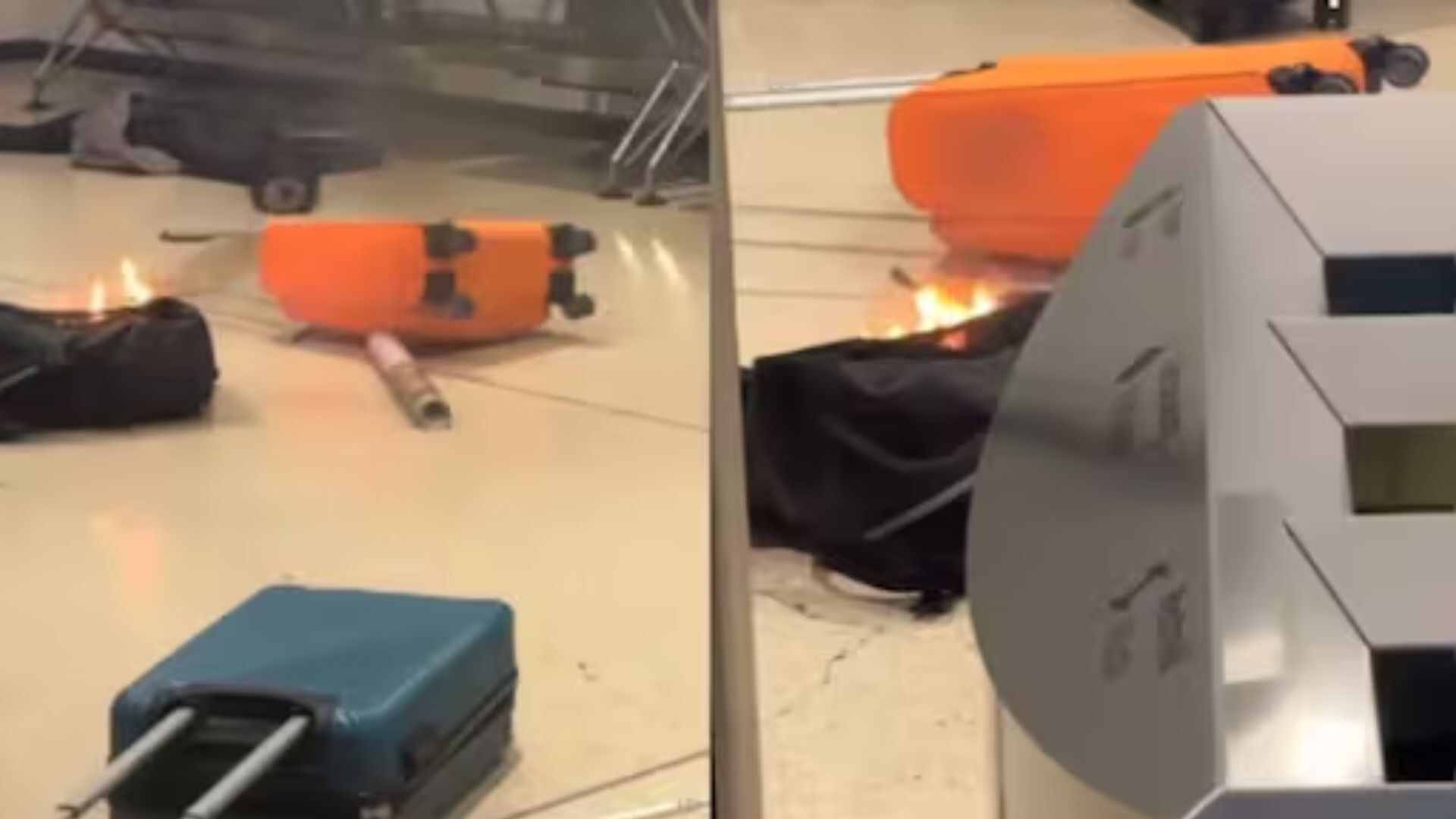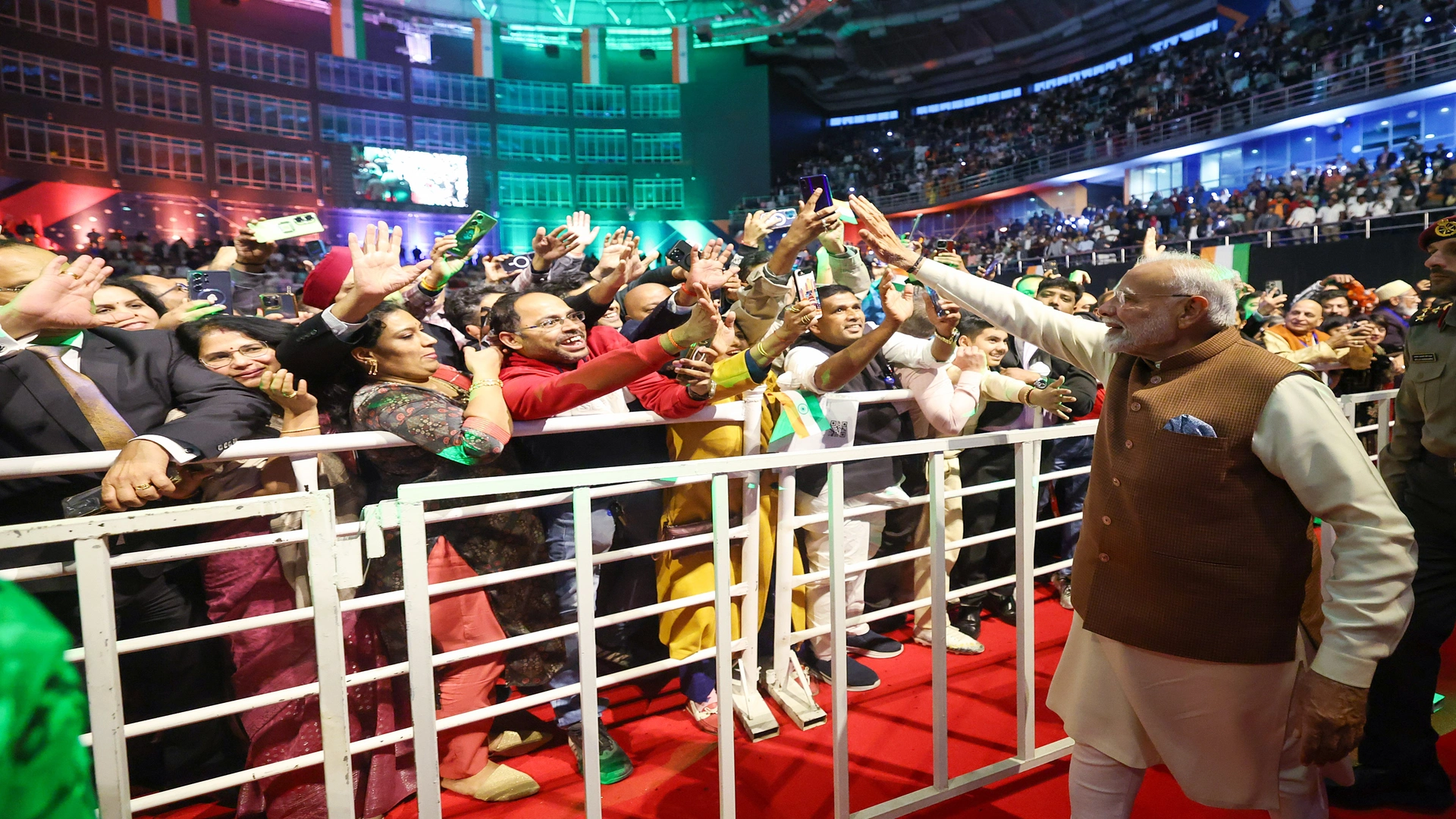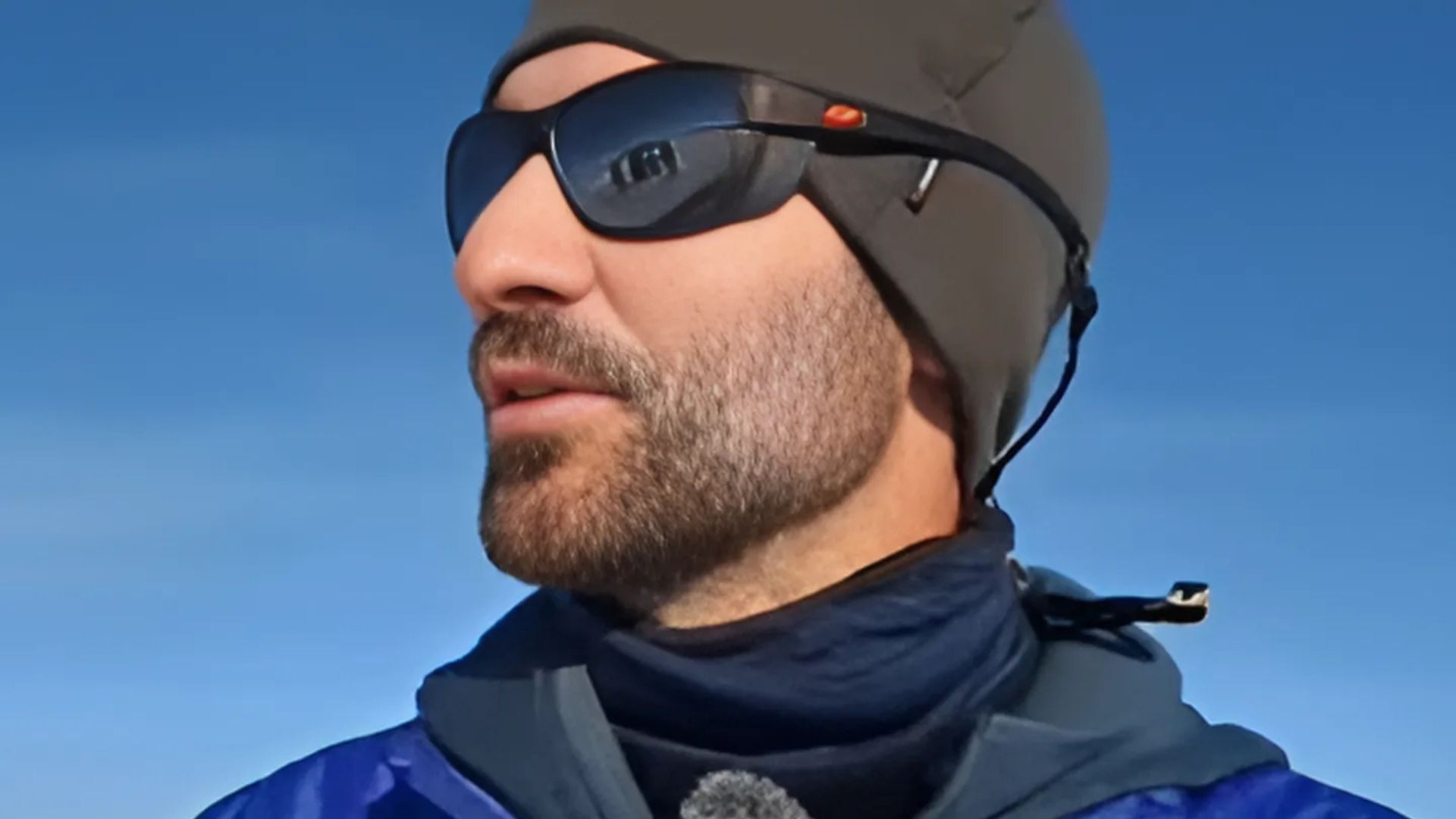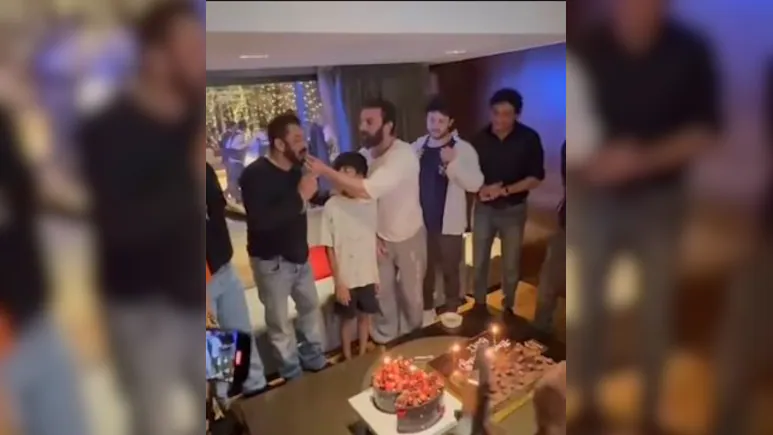Ukraine has successfully destroyed a third bridge over the Seym River in the Kursk region of Russia, as part of a strategic push to expand what President Volodymyr Zelenskyy has termed a military “buffer zone” within Russian territory. This recent destruction occurred overnight in the village of Karyzh, marking the last major crossing in this segment of the front. Earlier, two other bridges over the Seym River were taken out on Friday and Saturday, further intensifying the conflict in the area.
Russian officials confirmed the damage to the bridge in Karyzh, attributing it to targeted Ukrainian “shelling.” The strike has reportedly impacted Russian logistics and troop movements, as the destroyed bridges were key supply routes. Ukrainian forces are now advancing from their existing positions around the town of Sudzha, which was captured two weeks ago during a surprise offensive. Their goal is to encircle Russian troops, including some conscripts, who are stationed south of the river in the Korenevsky district.
If successful, Ukraine’s operation could result in the acquisition of an additional 700 square kilometers (270 square miles) of Russian territory. In response, Russia has constructed pontoon bridges across the Seym River to sustain its forces. However, these temporary structures are vulnerable to Ukrainian strikes, particularly from US-supplied Himars systems.
On Monday, Ukrainian forces captured two more Russian villages, Snagost and Apanasovka. Despite this progress, the pace of advancement into Kursk Oblast has slowed recently as the Kremlin has mobilized reserves to counter the Ukrainian offensive. A senior Ukrainian official described the situation as “messy,” with Russian troops facing difficulties in recapturing lost ground.
Ukraine’s commander-in-chief, Oleksandr Syrskyi, is conducting a “high-speed” campaign, aiming to avoid a static “positional war” similar to the ongoing conflict in eastern Ukraine. The Ukrainian strategy involves rapid movements and aggressive actions to maintain momentum and disrupt Russian operations.
In contrast, Russian forces have made gains in the east of Ukraine. On Monday, they captured the town of Niu-York, renaming it Novgorodske, and have been advancing toward the Ukrainian city of Pokrovsk. The capture of surrounding villages and ongoing airstrikes have led to significant challenges for Ukrainian defenders. Pokrovsk’s military administrator, Serhii Dobryak, has warned that fighting could engulf the city within two weeks, prompting evacuations. About 60% of residents have already left, with remaining services in the city rapidly shutting down.
The imminent Russian assault on Pokrovsk poses a threat to Ukraine’s defensive efforts in the Donbas region. The ongoing conflict has strained Ukrainian resources, and the recent Kursk raid is intended, in part, to alleviate pressure on other besieged areas such as Pokrovsk and Toretsk. However, the Kremlin’s reinforcements have focused additional resources on the battle for Pokrovsk.
President Zelenskyy has indicated that the Ukrainian incursion into Russia aims to establish a permanent buffer zone to prevent future Russian attacks across the border. This move follows a Russian offensive in May against the Ukrainian city of Vovchansk. Zelenskyy has urged international partners to expedite weapon deliveries and reconsider restrictions on the use of long-range Western weapons against strategic Russian targets.
In response, a spokesperson for British Prime Minister Keir Starmer affirmed unwavering support for Ukraine, although the use of British Storm Shadow missiles inside Russia remains restricted. Meanwhile, Russia’s presidential aide Yuri Ushakov has dismissed the possibility of peace discussions, criticizing Ukraine’s actions in Kursk as an “adventure” and indicating that Moscow is not yet ready for negotiations.

